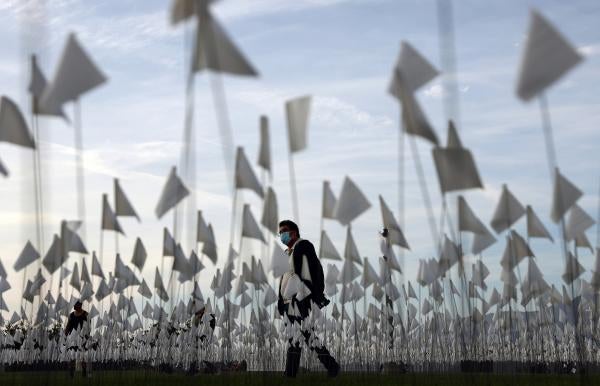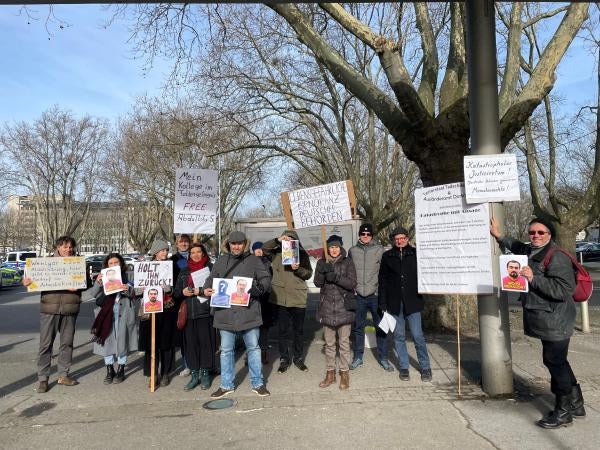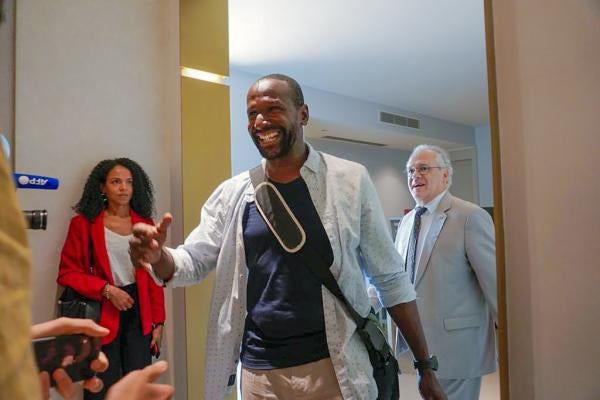Remember the Covid-19 pandemic?
It seems to me a lot of us would rather forget it.
That’s a shame, not only because Covid-19 is still with us, killing people every day – but also because unless we learn from the mistakes of the last few years, we could be fated to repeat them.
This month marks three years since the World Health Organization declared Covid-19 a pandemic. It caused at least 6.8 million deaths, and some estimates say the real number could be three or even four times that. The suffering of hundreds of millions went beyond the infection itself, undermining everything from national economies to individual mental health.
The unprecedented public health crisis exposed systemic failures in our global health architecture, and government responses often violated human rights.
A group of Human Rights Watch researchers are looking back on the past three years and asking what should be done next time – because there will be a next time. Their responses span a huge range of topics, and I encourage you to read through them all.
With my limited space here, however, let me just highlight one contribution – that of Senior Researcher Kyle Knight.
How is it possible, Kyle asks, that the richest country in the history of humanity, the United States, has delivered such a negligent Covid response? Despite the nearly unparalleled resources at the government’s fingertips, more than one million people died in the US.
That this happened – that it was allowed to happen, “really inverts the ‘developed/developing world’ way of thinking…”
The other key point for Kyle is the global prioritization of pharmaceutical company profits in the debates over how to expand access to vaccines, testing, and treatment.
Too many governments have seen patents – on vaccine manufacture, for example – as more sacred than human lives. That hindered wider vaccine production, prolonging the pandemic.
It’s enough to make you question whether our global health infrastructure is fit for purpose at all.
It certainly doesn’t seem fit to deal with the next pandemic.










